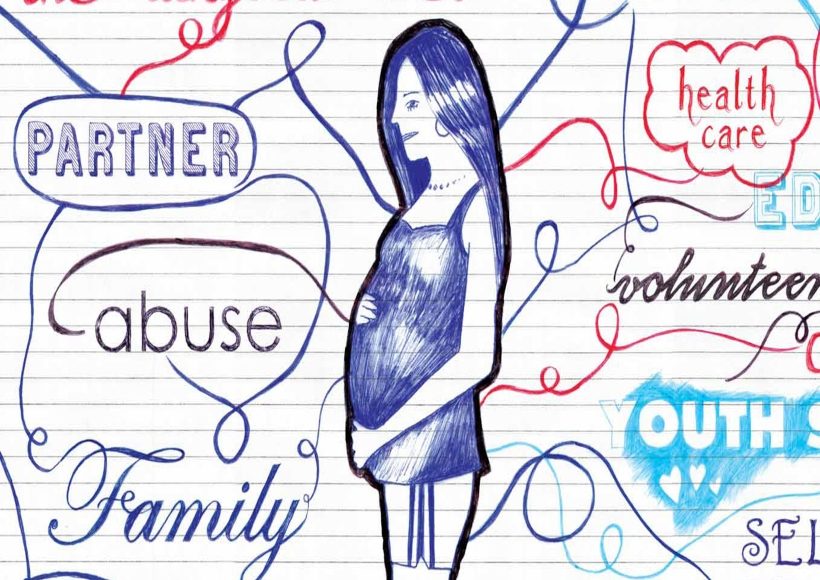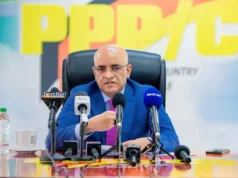A project aimed at reducing adolescent pregnancy in Guyana is slated to be shortly kicked into motion in Regions One and Nine – two regions where the rate of teenage pregnancy is especially rampant.
The project is one that will see the Ministry of Public Health collaborating with the United Nations Population Fund (UNFPA). In fact, the two entities are set to launch the project, titled: ‘Reduce Adolescent Pregnancy in Guyana’ tomorrow at a ceremony that will be held at the Sophia Exhibition Centre.
This strategic collaboration is said to be opportune given the fact that Guyana has the highest rate of adolescent pregnancy in the English-speaking Caribbean.
The adolescent fertility rate is well above the Latin America and the Caribbean average, especially among Indigenous girls. Moreover, the project seeks to: (i) increase the use of quality adolescent sexual and reproductive health services by adolescents; (ii) empower adolescents to prevent teenage pregnancies and (iii) contribute to a 10 per cent annual reduction in pregnancy rates among adolescents aged 10-19 years in the two regions by March of 2022.
According to UNFPA, “Every day in developing countries, 20,000 girls under age 18 give birth. This amounts to 7.3 million births a year. And if all pregnancies are included, not just births, the number of adolescent pregnancies is much higher.”
UNFPA has made it clear too that when a girl becomes pregnant, her life can change radically. Her education may end and her job prospects diminish. She becomes more vulnerable to poverty and exclusion and her health often suffers. Added to this, complications from pregnancy and childbirth are the leading cause of death among adolescent girls, UNFPA has noted.
The UN body has also found that adolescent pregnancy is generally not the result of a deliberate choice – these girls often have little say over decisions affecting their lives. Rather, early pregnancy is a consequence of little or no access to school, information, or healthcare. As such, UNFPA works to address these issues by focusing on the protection and fulfilment of girls’ rights. This includes supporting comprehensive sexuality education and sexual and reproductive healthcare to help girls avoid pregnancy. UNFPA also advocates supporting girls who become pregnant so they can return to school and reach their full potential.











